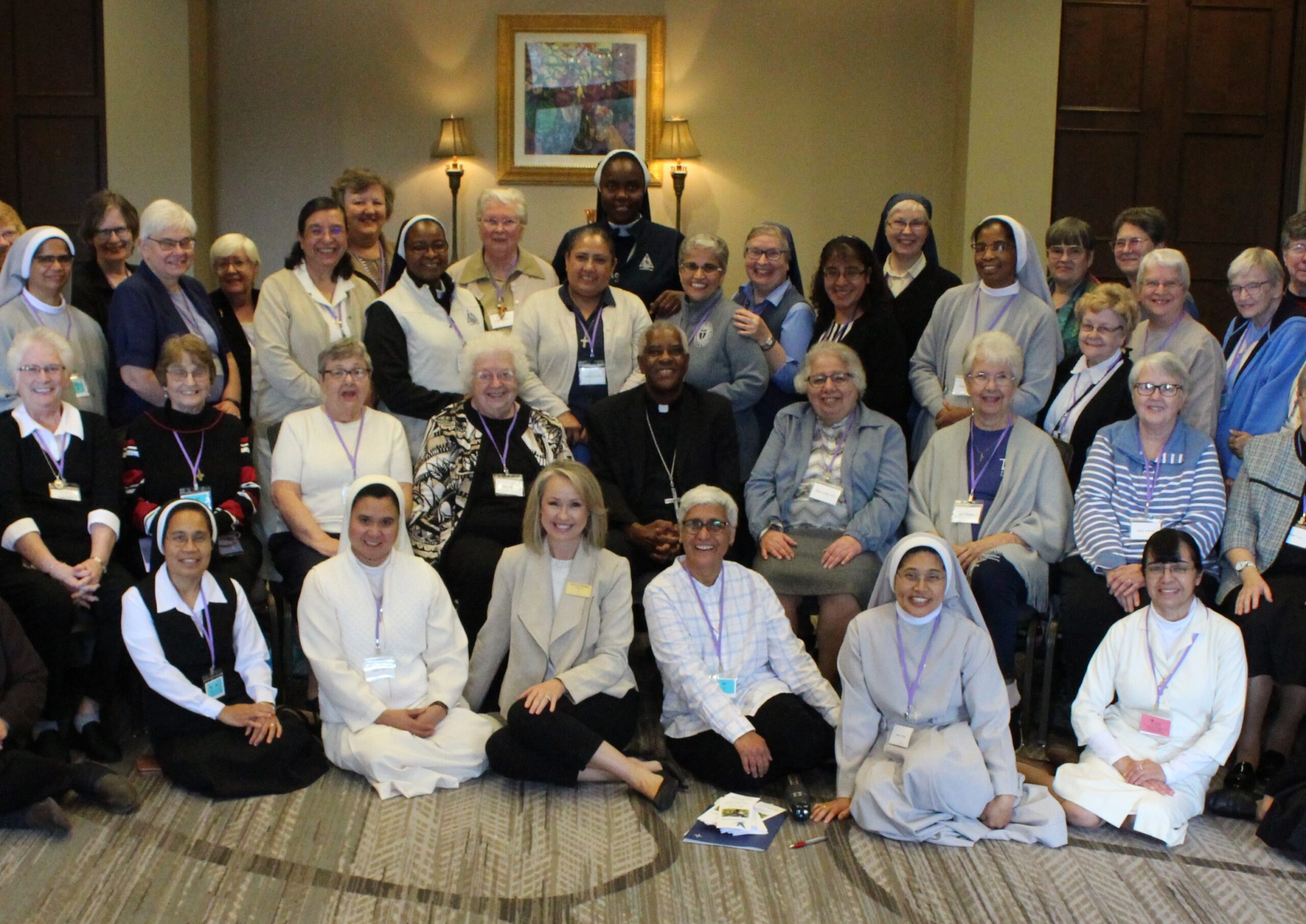Strategy as a Living, Breathing Guide
By Donna L. Waites, President
Over time, the Foundation has directly awarded nearly $81 million in grants which represents over 3,100 grants. But how can we further measure our impact beyond dollars given and number of grants provided? While grant investments are a vital part of our work, our board and staff have always felt that much more than grant funding is needed to make true and lasting change. The Sisters of Charity of St. Augustine established our foundation in 1996 to address the root causes of poverty and to promote social justice for people who have been marginalized in South Carolina. The Sisters’ compassion for the people in our state who are experiencing poverty has driven the Foundation’s mission and strategic direction since the beginning.
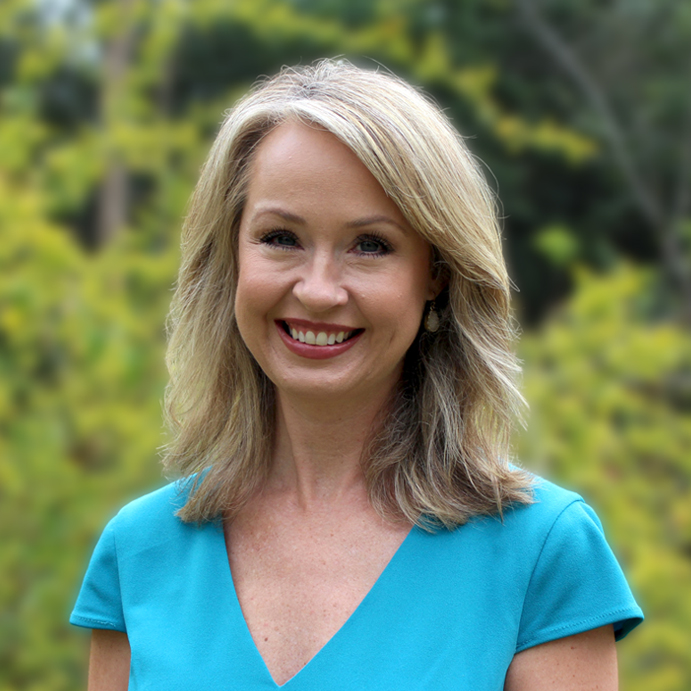
From inception to current day, the Foundation’s strategy to reduce poverty in South Carolina continues to be influenced by learning, growth, and the everchanging needs of our state’s people.
1. Early Learning as an Intentional Guide
As the Foundation established itself as a statewide presence, much attention was given to research and listening to community voices to understand the dimensions of poverty. This early intentional learning resulted in a deeper understanding that the father’s absence was a contributing factor to a family’s economic stress. This finding led our team to create groundbreaking pathways for fathers and families to succeed, including partnerships with the judicial system and father-informed programming. Since 2002, our leadership and grant funding have played a vital role in sustaining a statewide fatherhood center, the South Carolina Center for Fathers and Families. Since the early 2000s, we have leveraged nearly $10 million in government funding for South Carolina fathers and their families, in addition to our direct grantmaking.
Other strategic priorities over the years have included supporting rural, community-based afterschool care, women religious, kinship care families, immigrant families, and capacity building of grassroots organizations. These priorities have been informed by that same intentional learning that has guided our organization to hear the needs of our communities and take action.
2. Restructuring Our Grantmaking to Better Serve Our Partners
Continuing to learn from the efficacy of cross-sector collaboration, we launched a strategic plan in 2020 that called on the staff to redefine our grantmaking to be more efficient, impactful, and principled, as well as centering our core values. We knew that we wanted our grantmaking strategies to represent the trust we must have as funders in our partners who are carrying out this work on the ground. In this new grantmaking system, grant funding was divided into three main categories: Immediate Needs, Breaking the Cycle of Poverty, and Systems-Level Change. These streamlined grantmaking categories speak to the goal of utilizing our grant dollars to address poverty from all angles. We believe those most proximal to the issues are best suited to make decisions on how they can best serve their communities. In our case, this trust is in our grantee partners. With a clearer process and defined goals for each grant category, our partners are able to tell us how we can best support them. It remains crucial to our team that inquiring organizations and returning partners experience a user-friendly and equitable process, as well as a relationship that is mutually accountable.
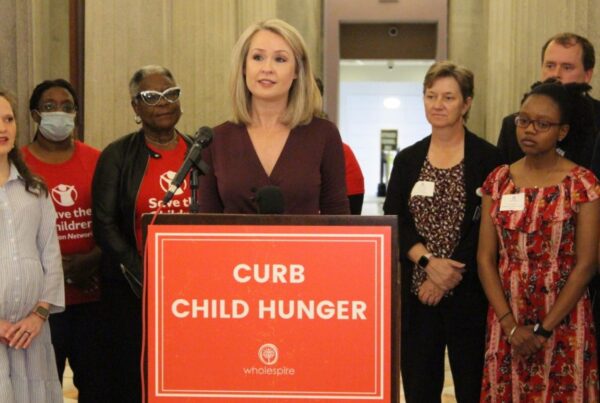
3. Deepening Our Understanding of Structures as Barriers
Another charge of our Strategic Plan was the call that we needed to deepen our own intellectual capacity on the systems and structures that have created barriers and caused or exacerbated poverty for South Carolinians. Therefore in 2019, the Foundation partnered with the Rural & Minority Health Research Center at the University of South Carolina to conduct a statewide poverty study – the first of its kind in decades. The report, which was published in 2020, led to the creation of the Foundation’s first-ever formal advocacy agenda. This Anti-Poverty Advocacy Agenda has allowed us to go deeper into select issue areas so that we can further connect with the root causes of poverty and seek to make changes that will address those causes. These priorities guide our participation in local and state civic activities, serving in and leading coalitions, drafting legislation, testifying at legislative committee hearings, and allowing us to remain connected to the core work happening on the ground to reduce poverty.
4. Rooted in Core Values
All our work, whether it be strategic grantmaking, research, or advocacy, is rooted in our core values: respect, justice, compassion, collaboration, and courage. These core values were given to us at our founding by the Sisters of Charity of St. Augustine, are guided by Catholic principles, and are deeply woven into the fabric of our work. Our commitment to these values and our mission has allowed the Foundation to be situated as a long-term leader in advancing equity and promoting social justice throughout South Carolina. Knowing that poverty is a result of systemic injustices and inequities, we strongly believe that we should be integrally involved in existing work in these areas across our state. Through dedicated staff time and the development of a specific Board committee that keeps the organization centered on our core values, including DEIB, we have become a well-regarded and constant leader in this work.
Our team has created two key internal programs that keep our board and staff grounded in our values: Growing in GRace and A Call to Caritas.
- Growing in GRace explores systemic issues that are drivers of poverty in South Carolina and considers the ways in which the Foundation, through grantmaking, policy and advocacy work, and leadership development can successfully address these issues. We also take active steps in determining how the Foundation can use this information to better serve people experiencing poverty.
- Beginning this year, a shared learning journey, A Call to Caritas, has allowed our organization to strengthen the connection to our Catholic Identity through a board and staff learning series. This comprehensive series engages staff and board in collective learning to enhance knowledge of catholic social teaching principles and practice, and its connection to the Foundation’s work.
Another shining example of putting our values into action is our President’s Fellows program. In 2015, the Foundation president and board chair at the time recognized the need to acknowledge the serious lack of diversity in the leadership of philanthropic organizations. Most notably, the lack of Black men in leadership roles. This recognition was propelled into action through the development of a partnership with Benedict College, a Historically Black College or University (HBCU) located less than two miles from the Foundation’s offices. A fellowship was formed to expose young Black men to the breadth and depth of the philanthropic sector. Fellows are exposed to a variety of aspects of philanthropy, including grant-making, financial management, community-building, public policy, and issue-driven initiatives. The fellowship has continued to expand to other HBCUs in South Carolina and is a representation of a thriving, thoughtful partnership that speaks directly to our DEIB values.
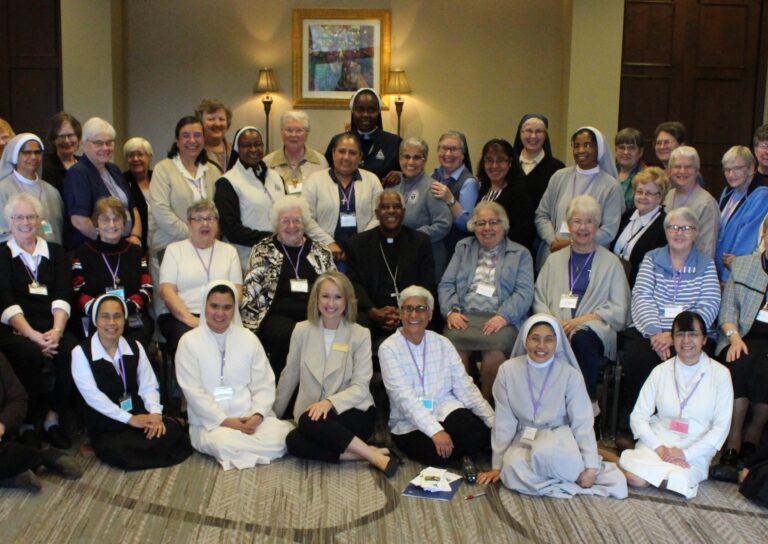
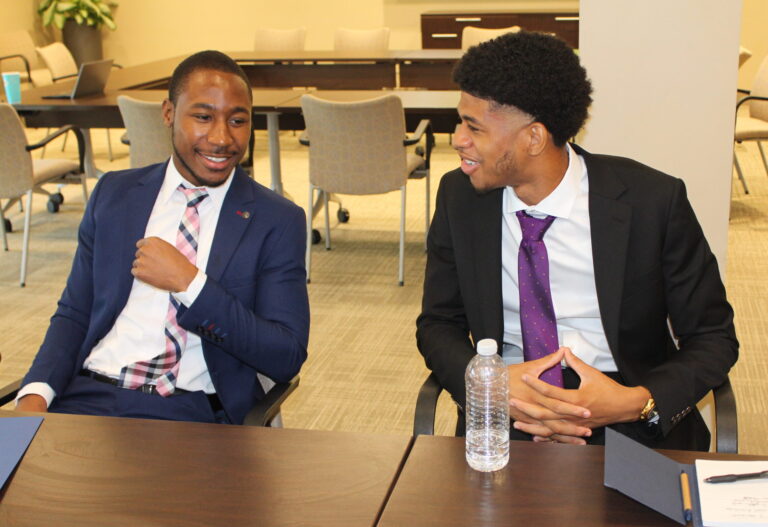
5. Moving Forward with Clarity
As we move forward into the future, we have nearly three decades of experience, relationships, milestones, and lessons learned to build upon, and a dedicated staff and board to carry the work. This work continues to uncover the staunch reality that we cannot do this work alone. Paired with continued research to continue to understand the ever-changing landscape of poverty in South Carolina, our next priority is to deepen our community engagement through a comprehensive plan that will further our connections with communities in South Carolina that are so important to our mission.
Over the course of my first year as president, I have recognized the need for continuous adaptability and a listening ear. While our organization moves forward with strategic goals and thoughtful plans, we must constantly be willing to move as the community moves and adjust our approach to the work as needed. There is no room for rigidity in collaborative work to reduce poverty.
In the coming months, staff and partners will dive deeper into our organization’s transformational learning journey in grantmaking, research and advocacy, diversity and values-based work, and leadership through partnership., Throughout our history, we have had the great blessing of working alongside many people and organizations that are committed to helping South Carolina be a place where everyone has the resources they need to thrive. This next step in our journey will assuredly grow and strengthen this network, for we believe what is said in Ecclesiastes 9 – 10:

